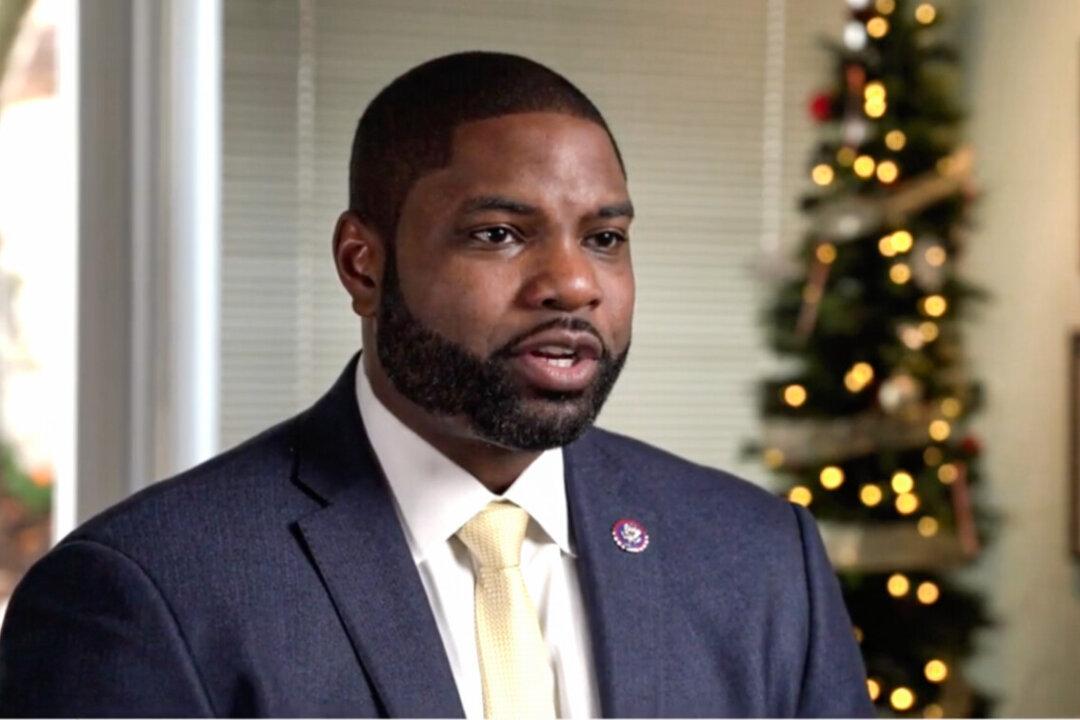As Florida Gov. Ron DeSantis’s campaign for president takes heat from Democrats over how his state’s public schools teach the history of slavery, it’s also been drawn into a war of words with a prominent black conservative—and Trump supporter.
At issue is the question of whether slaves benefited in any way from being enslaved.





